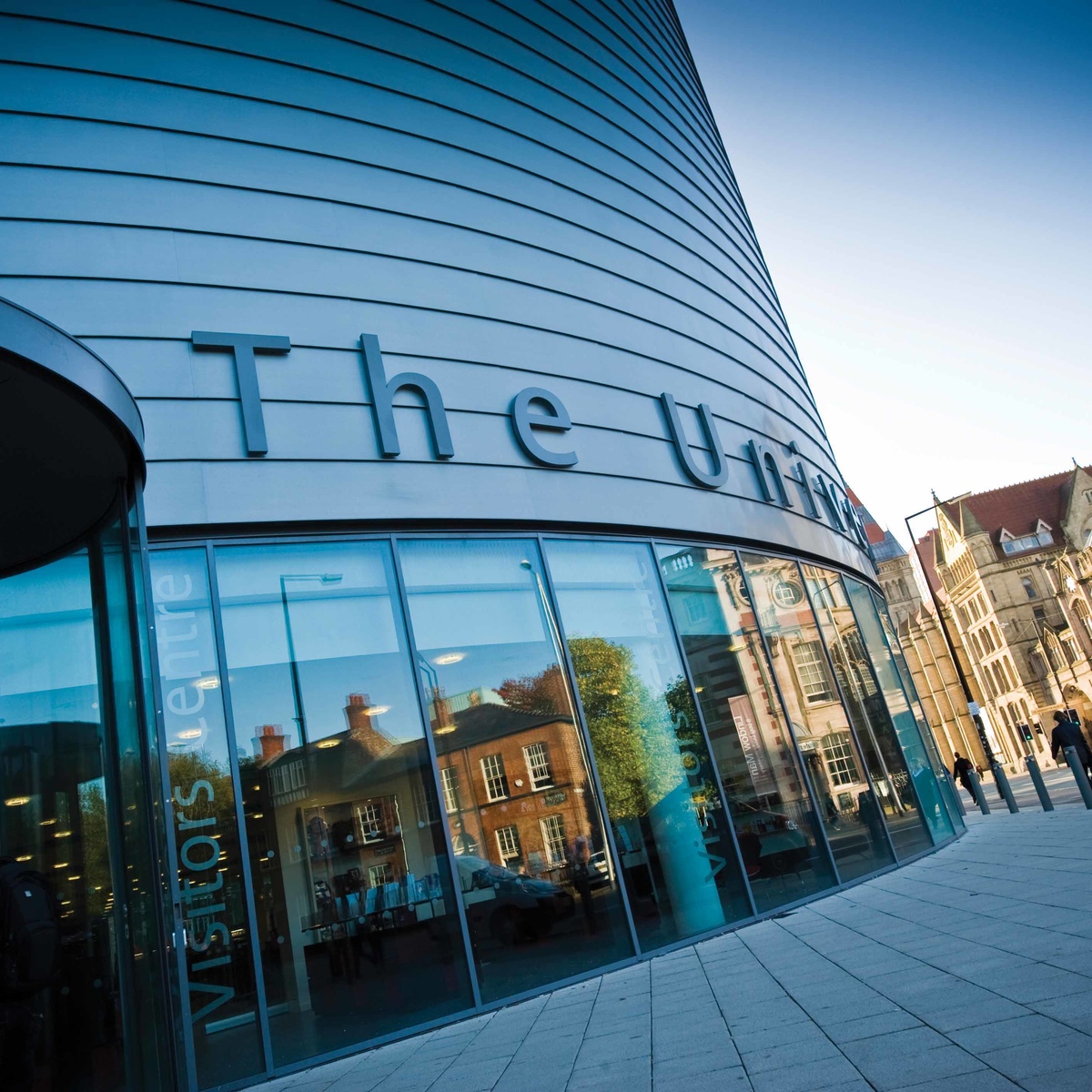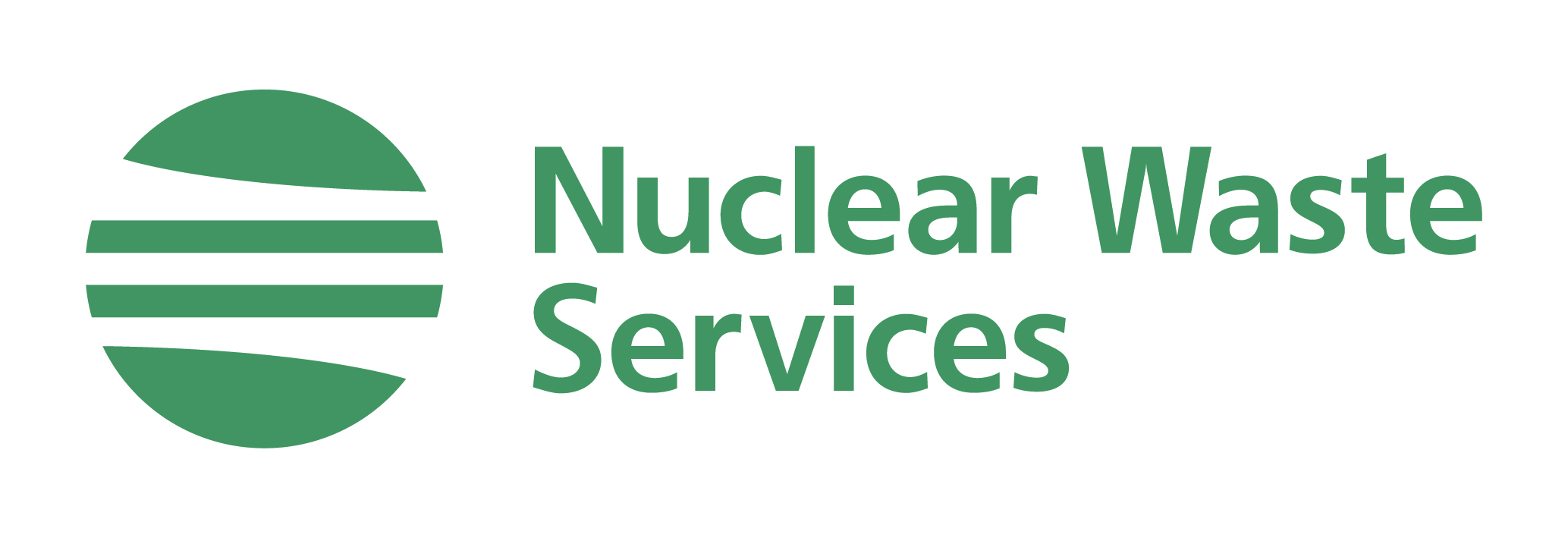Engineered Barrier Systems Symposium
30th June & 1st July 2025, Manchester
A day and a half Symposium held on campus at the University of Manchester’s University Place. Please sign up here to attend.
The background
Nuclear Waste Services (NWS) is currently undertaking pre-concept design activities for a future Geological Disposal Facility (GDF) for radioactive wastes in the UK, including a systematic assessment of Engineered Barrier System (EBS) feasibility studies.
The EBS is a core component of the ‘multi-barrier’ approach to safety, working alongside the host rock to ensure no harmful quantities of radioactive material ever reach the surface environment. Prior to the current siting process, NWS developed illustrative disposal concepts for generic geological environments that could reasonably occur in the UK. These are captured in the 2016 concept status report.

University Place, Oxford Road, Manchester
Given the range of potential host-rock types and associated groundwater chemistries across the Community Partnerships, NWS needs to understand what combinations/configurations of materials are available for EBS components to ensure that disposal concepts are feasible (i.e., can work together to meet post-closure safety functions whilst being practical to manufacture and emplace). This could result in the direct application or adaptation of the illustrative disposal concepts, or development of new disposal concepts.
EBS components that NWS can control include:
- Construction materials required during the operational phase of a GDF (e.g., liner systems)
- Backfill materials required following first waste emplacement (i.e., Low Heat Generating Wastes), recognising the waste packages are largely decided (i.e., grouted wastes in concrete or steel containers).
- Container and buffer materials required for later phases of waste emplacement (i.e., High Heat Generating Waste).
- Materials required for sealing systems (e.g., accessways, boreholes, etc.)
NWS is actively commissioning commissions R&D related to EBS materials optioneering and feasibility studies in accordance with its Systems Engineering approach (ISO15288) to its design strategy.
Alongside geology-specific considerations, NWS will need to adapt its concepts and designs to keep abreast of changes occurring within UK and global industry. For example, Ordinary Portland Cement (OPC) based materials are used extensively in proposed concepts for the GDF (e.g., construction materials, wasteforms, backfills, plugs and seals). However, the cement industry is phasing out traditional OPC based cements and their additives such as hydrated lime, fly ash and blast-furnace slag, in favour of alternative materials to improve sustainability and future security of supply. NWS needs to build its understanding of these alternative materials and understand their compatibility with the host rocks of interest, as well as the other engineered barriers.
Aims and Objectives of the EBS Symposium
The overall aim of this workshop is to facilitate knowledge exchange between Nuclear Waste Services and Academia.
Disseminating information
- Disseminating information about the existing illustrative designs/disposal concepts which is reflected in the concepts status report published to support NWS generic disposal system safety case.
Providing updates
- Providing an update (where possible) on areas where the EBS is under development to suit site-relevant needs (e.g., low/high heat generating waste backfill & buffer materials, gas management, plug & seal optioneering, accessway design) and highlighting ongoing information needs.
- Providing an update on the use of a Systems Engineering approach to the GDF pre-concept design process.
Establishing network/community
- Capturing the views of the academic community of research needs to address NWS site-specific challenges.
This symposium will also be used as a basis for establishing an enduring network/community of practice to facilitate knowledge exchange and encourage multiple institutions to work together to develop grant applications to a range of alternative funding sources (e.g., UKRI).
Draft Agenda
(this is subject to change)
If you would like to attend the EBS Symposium please complete the attendance survey here.
Day one - Monday 30th June
Day one:
12.00 – 13.00 Registration & Lunch
13.00 – 13.10 Welcome & Introduction; Matt Kirby (NWS), Majid Sedighi (UoM)
GDF in the context of the UK (part 1)
13.10 – 13.30 Geological environments at potential UK sites; Andy Cooke (NWS)
13.30 – 13.50 The role of the Engineered Barrier System in Post-Closure Safety; Kurt Smith (NWS), WIll Bower (NWS)
EBS for Low Heat Generating Waste
13.50 – 14.10 Managing Gas in a UK GDF – current understanding and UK challenges; Andy Cooke (NWS)
14.10 – 14.25 Academic “highlights” talk 1; Speaker TBC
14.25 – 14.40 Academic “highlights” talk 2; Speaker TBC
Coffee break
15.10 – 15.30 Development of LHGW backfill – current understanding and UK challenges; Will Bower (NWS)
15.30 – 15.45 Academic “highlights” talk 3 – Speaker TBC
15.45 – 16.00 Academic “highlights” talk 4 – Speaker TBC
16.00 – 16.45 Discussion session – whiteboards (academic input)
Close
Day two - Tuesday 1st July
Day two:
09.00 – 09.20 Registration & Coffee
09.20 – 09.30 Welcome; Matt Kirby (NWS), Majid Sedighi (UoM)
GDF in the context of the UK (part 2)
09.30 – 09.50 Systems engineering led-design considerations when developing an Engineered Barrier System; TBC Tom Peacock (NWS)
09.50 – 10.10 Application of the model hierarchy to GDF safety case and design; Steven Baxter (NWS)
Construction Materials in a UK GDF
10.10 – 10.30 Construction materials – current understanding and UK challenges; Oliver Colbeck (NWS)
Coffee break
11.00 – 11.15 Academic “highlights” talk 5; Speaker TBC
11.15 – 11.30 Academic “highlights” talk 6; Speaker TBC
11.30 – 12.15 Discussion Session – whiteboards (academic input)
Lunch
EBS for High Heat Generating Waste
13.15 – 13.35 Container options for HHGW – current understanding and UK challenges; Bharti Reddy (NWS)
13.35 – 13.50 Academic “highlights” talk 7; Speaker TBC
13.50 – 14.05 Academic “highlights” talk 8; Speaker TBC
Coffee Break
14.30 – 14.50 Buffer materials for HHGW – current understanding and UK challenges; Matt Kirby (NWS)
14.50 – 15.05 Academic “highlights” talk 9; Speaker TBC
15.05 – 15.20 Academic “highlights” talk 10; Speaker TBC
15.20 – 16.00 Discussion Session – whiteboards (academic input)
16.00 Wrap up and meeting close; Matt Kirby (NWS), Majid Sedighi (UoM)
To be kept informed of future conferences and events sign up to our newsletter.
Contact us
We welcome opportunities to connect with the research community, industry and the general public.



